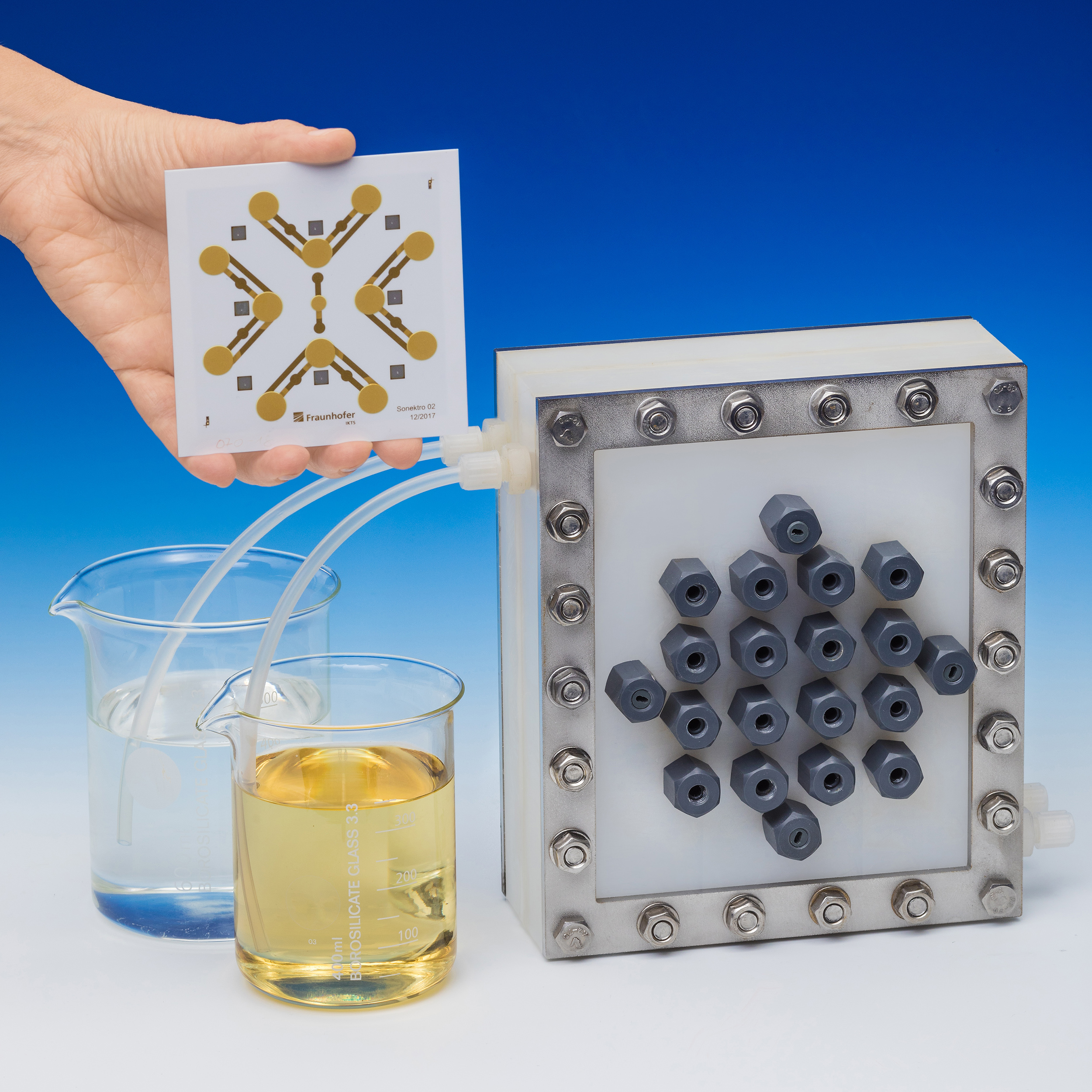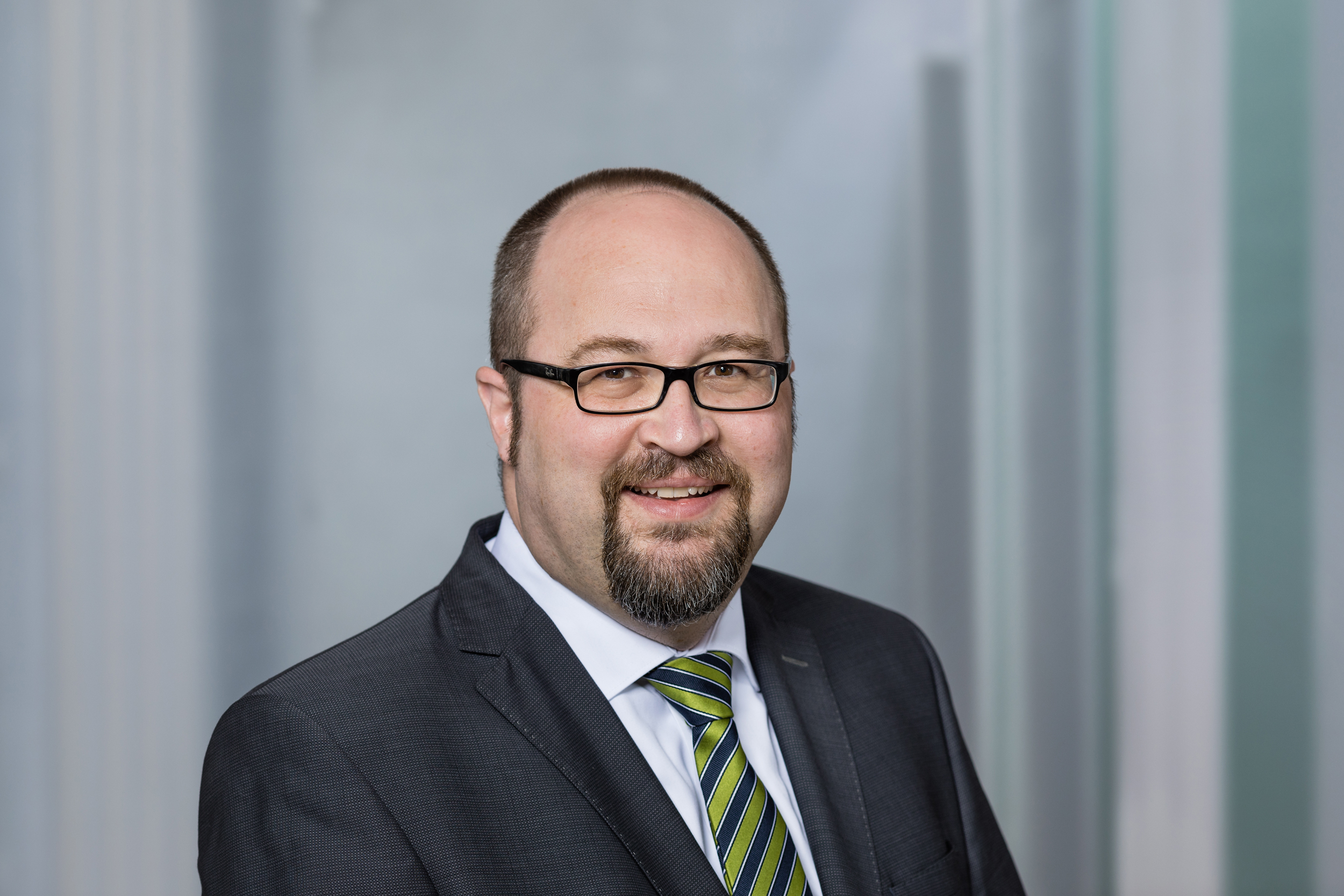Innovation cluster “ThWIC” under leading participation of Fraunhofer IKTS receives funding from the Federal Ministry of Education and Research
Fraunhofer IKTS is part of the Thuringian Cluster for Sustainable Water Research
Research into new, forward-looking approaches to a safe and sustainable water supply is being promoted in Thuringia in the long term. The Thuringian Water Innovation Cluster (ThWIC), jointly initiated by the Friedrich Schiller University Jena, the Fraunhofer Institute for Ceramic Technologies and Systems IKTS and the Ernst Abbe University of Applied Sciences Jena, prevailed in the final round of the Clusters4Future competition and will be funded by the Federal Ministry of Education and Research from 2023 onwards. This means that over the next nine years, up to 45 million euros in funding will flow into the development of new water technologies and research into how society deals with this increasingly scarce resource.


Secure water supply and opportunities for Thuringian SMEs
“With our cluster, we want to bring the successful research from Thuringia's universities and research institutions into application in society and show how the region's small- and medium-sized enterprises can develop global market opportunities with state-of-the-art technologies,” says Prof. Dr. Michael Stelter. The chemist, who as deputy institute director of Fraunhofer IKTS and director of the Center for Energy and Environmental Chemistry at the University of Jena is coordinator of the project and particularly pleased that with ThWIC no pure technology cluster was selected for funding: “Our projects are not only about technical innovations for a more sustainable water supply, but also about cooperation with civil society.” Even though the topic of water is increasingly present in the media, there is often still a lack of information on water issues and the involvement of business and society in the upcoming changes in water use.
Forward-looking decision for the science location
Alexander Michaelis, Institute Director of Fraunhofer IKTS, emphasizes the many years of continuous development work in the field of environmental technology at the Thuringian sites of IKTS: “This great success shows that IKTS was right to focus on the topic of water at an early stage and to invest in the establishment of laboratories, pilot plants and working groups. In the excellently functioning cooperation with the Friedrich Schiller University via the CEEC and joint working groups, we cover the entire range of innovative water technologies, from the fundamentals to the transfer to industry. The BMBF has rewarded this development of expertise, and all our partners in the region are now benefiting from it.”
The long-term funding of the cluster by the Federal Ministry of Education and Research also pleases the President of Friedrich Schiller University, Prof. Dr. Walter Rosenthal: “The success in the Future Cluster Initiative shows the outstanding cooperation of the Friedrich Schiller University with the scientific institutions and companies in the region. The funding is a strong signal for the science location Thuringia and especially for Jena.” Rosenthal described the collaboration planned in the cluster between natural science water research, data science and sociology as a “perfect example of the way scientific problems are dealt with across the boundaries of disciplines and scientific cultures that has been established in Jena.”
Data-driven water management
The more than 20 subprojects of the innovation cluster deal with a wide variety of aspects of sustainable water supply. A central area is new technologies for the analysis and purification of water. “The new generation of sensors developed in the cluster can collect thousands of times more data on water quality,” explains Dr. Patrick Bräutigam, co-coordinator of the cluster. “For the first time, we can monitor changes in water quality in real time and react much more effectively to contamination of micropollutants such as pharmaceutical residues. New water treatment processes based on cavitation and membranes then enable the targeted elimination of these substances.” However, according to Bräutigam, the potential of smart, data-driven water management also faces questions of data security. For this reason, it is important to “involve citizens, but also companies, in technology development and digitization at an early stage, to offer and communicate knowledge about water with modern media in a low-threshold manner and to take their questions seriously.”